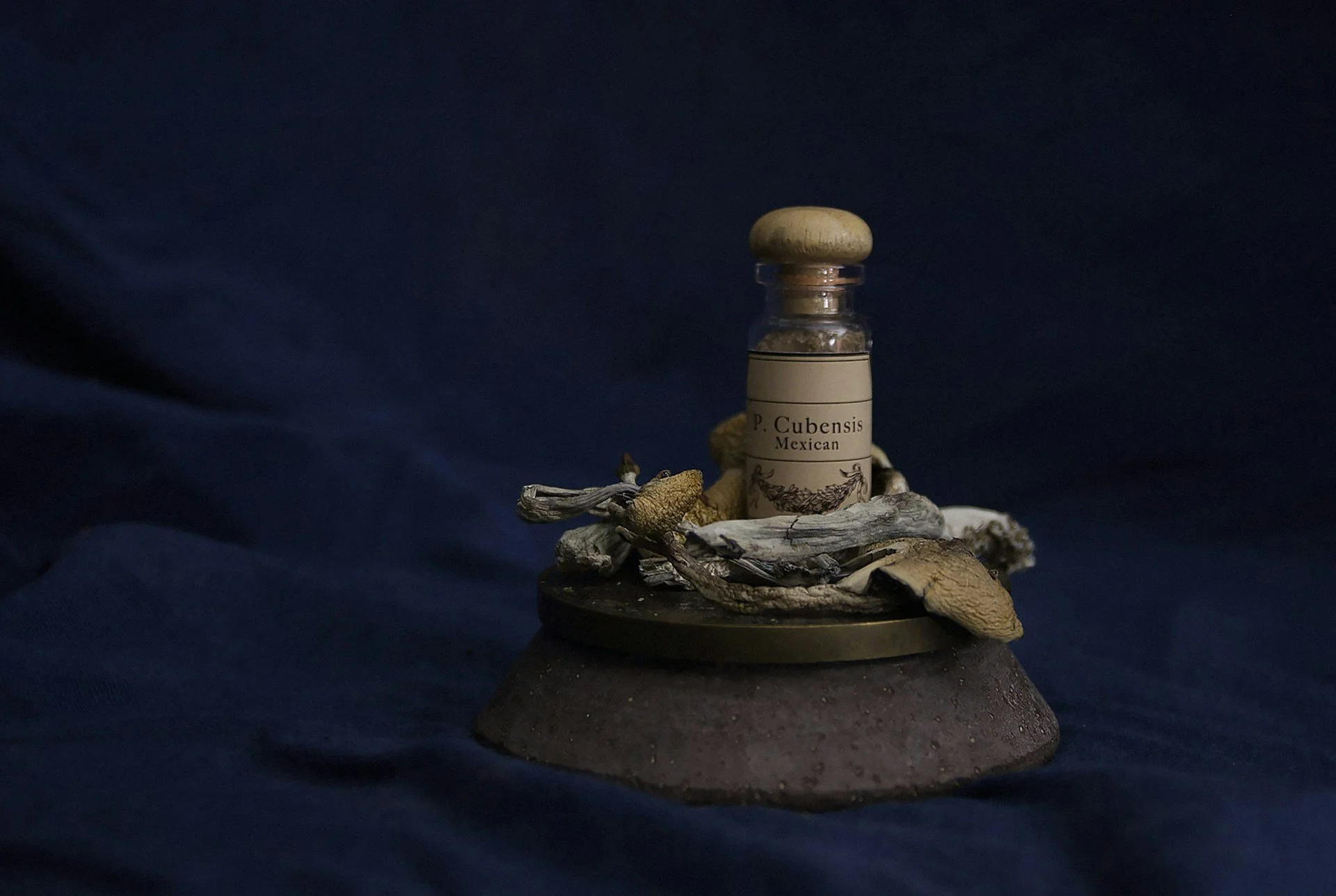Exploring Psychedelic Therapy As Relationship Support
Relationships can either be wildly fulfilling or quietly exhausting. Sometimes both in the same week. And when the emotional connection between two people starts to slip, it’s easy to reach for the usual suspects: communication tips, more date nights, maybe even couples therapy.
But what if the core issue isn’t just between two people… but buried deeper inside each of them? That’s where psychedelic therapy as relationship support starts to enter the conversation, as a deeper, more curious kind of healing.
Why are some couples exploring psychedelics therapy together?
You’ve probably heard whispers (or full-on podcasts) about psychedelic therapy. Psilocybin journeys. Ayahuasca retreats in the jungle or breathwork circles closer to home. For some couples, these experiences aren’t about chasing highs. They’re about getting honest. Peeling back layers of defensiveness. Letting the nervous system exhale.
Psychedelics, when used responsibly and in a therapeutic setting, can reduce the “fight or flight” response - that hair-trigger part of the brain that sees your partner’s critique as a threat instead of a request. MDMA, in particular, has shown promise in increasing empathy and emotional insight, making it easier for couples to communicate without spiraling into old arguments.
When your relationship is haunted by the past
Let’s talk about something most couples avoid: trauma. The moments when love gets tangled in old, invisible wounds.
Our most intense emotional patterns usually don’t start in adulthood. They’re leftovers from childhood, protective responses that once helped us survive but now sabotage our closest connections. Sound familiar?
You shut down when your partner gets angry. You lash out when they pull away. You keep waiting for the other shoe to drop, even when things are stable. And the thing is, you might not even realize you’re doing it. That’s why recognizing the signs of unresolved childhood trauma is such a powerful step in understanding your relationship.
Repressed childhood trauma in adults can manifest as a constant fear of abandonment, even in safe relationships, struggling with trust or emotional vulnerability, getting easily triggered by conflict or criticism, feeling overly responsible for your partner’s emotions, or swinging between intense closeness and needing space.
Psychedelics, particularly when paired with skilled therapy, may help people revisit and reframe those early experiences in a safe, supported way.
Psychedelics coupled with therapy can help couples explore emotional patterns rooted in early life.
The role of therapist connection in lasting healing
Patients who felt more connected and supported by their therapist tend to have significantly better outcomes – and the progress they made often had lasting, positive effects on their mental health. When people feel safe, seen, and supported during deep emotional work, healing lasts.
But what makes that connection so powerful? It’s not just about talking; it’s about being truly understood in moments of vulnerability. That’s exactly the kind of environment structured psychedelic therapy is designed to create — one where trust builds the foundation for real change.
Where psychedelics might actually help relationships heal
Psychedelics won’t fix your relationship. They’re not magic potions.
But under the right conditions, they can crack open emotional walls that regular conversations never touch.
Here’s what that might look like:
More empathy - Partners start hearing each other instead of defending themselves
Breaking stuck patterns - Old reactivity softens when the underlying pain is addressed
Rebuilding intimacy - Emotional safety lays the groundwork for physical closeness
Reframing personal stories - Guilt, shame, or blame from past experiences can lose their grip
And maybe most importantly? It creates space. Space to pause, reflect, and reconnect individually and as a couple.
The risks of using psychedelic therapy as relationship support
Now, before you go searching for a retreat, let’s be blunt: psychedelic therapy isn’t a “fun little experiment.” It’s serious inner work, and it comes with real risks if not done safely. These include:
Legal risks - Many psychedelics are still classified as Schedule I substances in the U.S., though exceptions are growing with clinical trials and decriminalization movements.
Mental health concerns - People with a history of psychosis, bipolar disorder, or other psychiatric conditions may experience adverse effects.
Physical symptoms - According to a review of 43 clinical trials, about 59% of participants reported mild side effects like nausea, headaches, or brief emotional discomfort. No severe complications were noted; however, preparation and support are crucial.
The good news? Dependency risk is considered extremely low. But again, guidance matters. If you're exploring this route, look for licensed professionals, legal clinics, or reputable research trials - not a random “healer” on Instagram.
Not all psychedelics are created equal; thus, responsible use of psychedelic therapy as relationship support requires legal, clinical guidance.
Thinking about trying it? Here’s where to start
Curious, but cautious? Good! You should be. If you and your partner are considering psychedelic therapy as relationship support:
Do your research. Not all facilitators are equal. Look for trained therapists with experience in psychedelic-assisted treatment.
Talk to your doctor or therapist. Even if they can’t prescribe it, they might help you understand if it’s a safe fit.
Prioritize integration. The journey after the session is where most of the growth happens. Plan for ongoing support.
And remember: legal access is growing. MDMA therapy for PTSD is under FDA review. Meanwhile, Oregon and Colorado are pioneering regulated psilocybin programs through supervised therapeutic frameworks.
Finishing words
At its core, psychedelic therapy as relationship support isn’t really about the drug; it’s about the possibility. The possibility of seeing each other differently. Of releasing old hurts. Of reconnecting with the version of love that feels generous and safe, not defensive or draining.
Maybe you don’t need a breakthrough substance. Maybe you just need a breakthrough conversation. But for some couples, that conversation only becomes possible when the noise quiets, the armor drops, and something inside finally says: “Now, you’re safe. Now, you can listen.” That’s where the healing begins.


